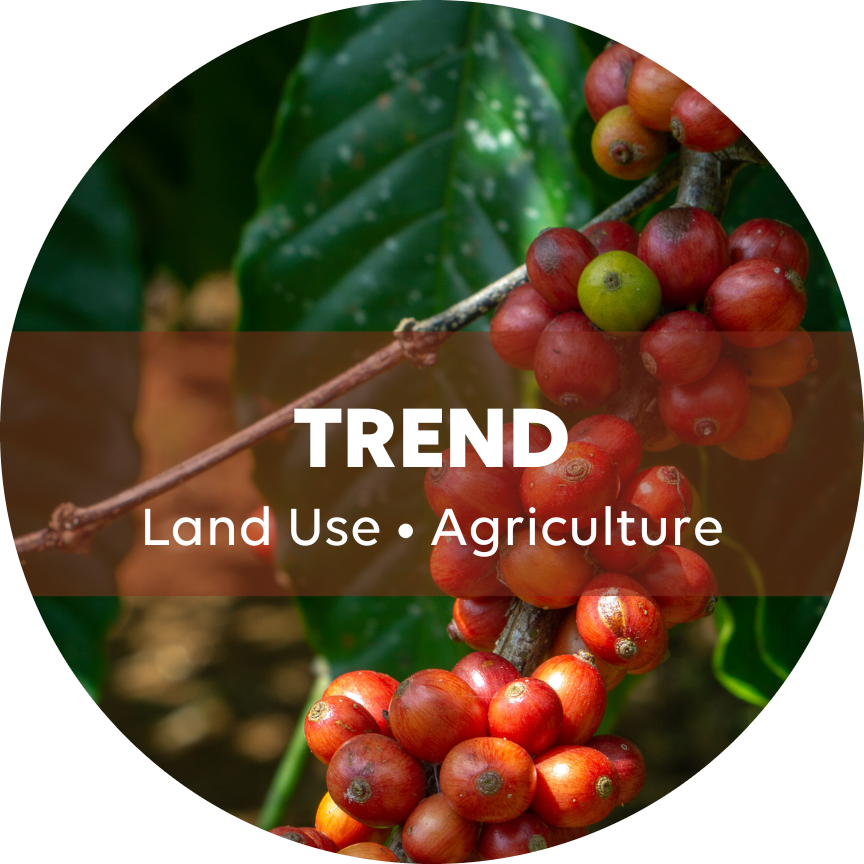Land Use • How the coffee industry is dealing with climate change
At both ends of the value chain, as the vulnerability of the coffee sector to climate change poses socio-economic risks for millions of small farmers as well as for the major players in the distribution sector, actions to adapt the sector are being implemented...

Coffee is the leading agricultural commodity on global markets in terms of value. All of the world’s coffee producers are located in countries in the Global South, while nearly all of the processors and consumers are in the North, which puts the industry at the heart of the globalized economy: only 30% of the coffee volumes traded are consumed in the country in which they were produced. The crop’s vulnerability to climate change is therefore amplified by its likely impact on millions of small-scale farmers.
Coffee production is concentrated among a handful of developing countries, and depends on very specific climate conditions. For this reason, changes in the aptitude of land to grow coffee crops is threatening the genetic diversity of species, increasing the vulnerability of plants, and exposing small farmers to revenue losses.
For producers, the industry’s adaptation is taking place in two stages. One of them involves the transformation of farming practices via the development of agroecology, the selection of species, and the hybridization of varieties, all aimed at adapting coffee crops to a changing climate. The other involves the socio-economic reorganization of production units, designed to protect the farming communities that feed into and live from coffee production from the risks related to climate change. These cooperatives are a good way of pooling knowledge, disseminating practices, and boosting the resilience of producers.
In countries in the North, consumer pressure is pushing retail and producer companies to better control their impact on deforestation and its consequences for biodiversity and greenhouse gas emissions. Multilateral initiatives organize companies’ implementation of their commitments to reduce emissions and deforestation. Major industry players are adopting life cycle assessment approaches to measure and trace the impact of their products throughout the industry; nevertheless, the volumes of certified coffee have been on a downward trend since the mid-2010s, due to the increase in investment costs and insufficient promotion of labelled products.



